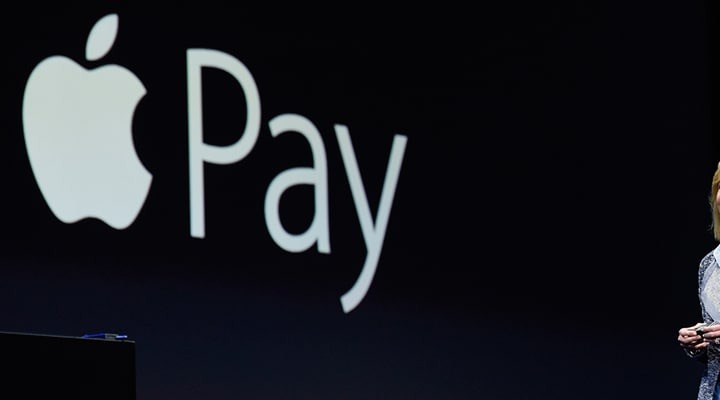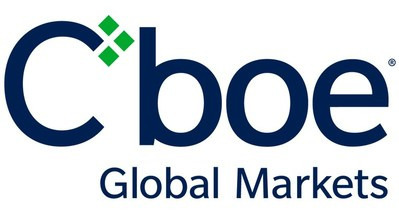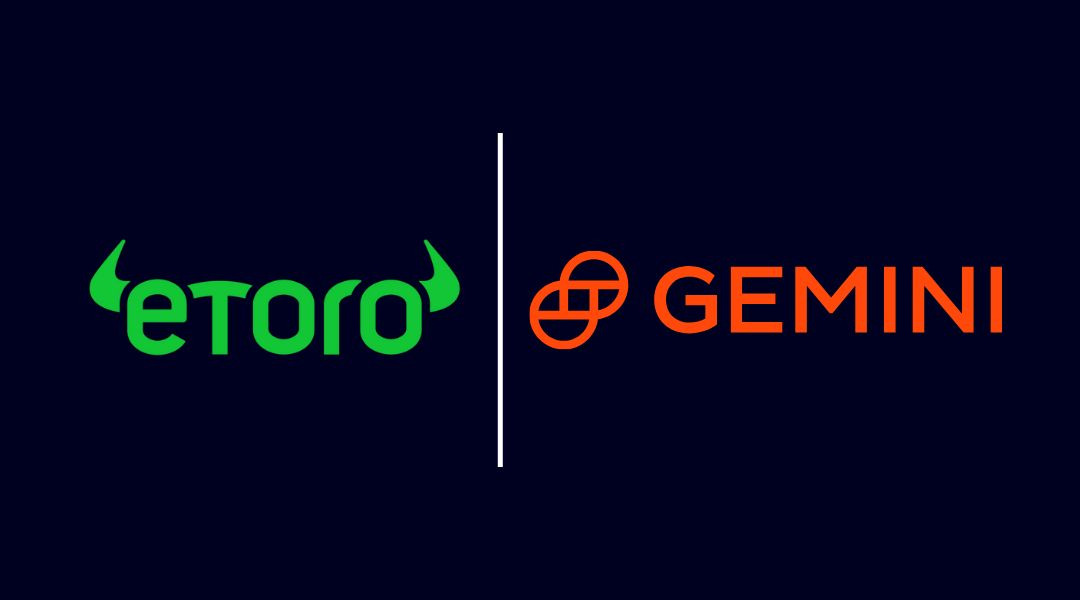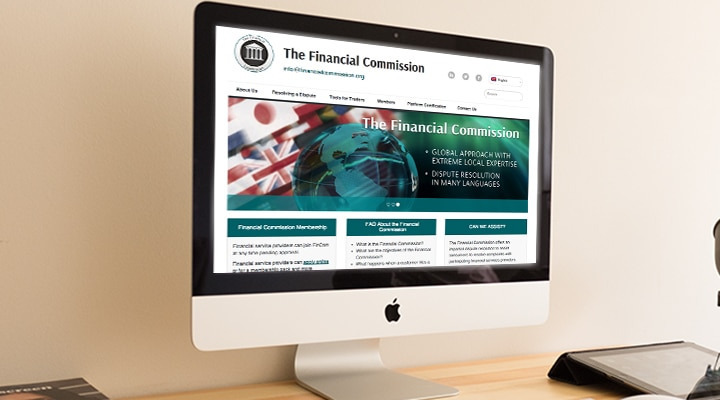Apple's longstanding dispute with the European Commission regarding the accessibility of its Near-Field Communication (NFC) technology seems to be nearing a resolution. The European Commission has officially acknowledged Apple's proposal to open up its NFC technology to third-party mobile wallet providers, potentially putting an end to a two-year investigation into alleged antitrust violations.
Apple's Shifting Stance on Third-Party Access
The dispute, initiated by the European Commission in 2020, centered around concerns that Apple was restricting access to its NFC technology, thereby creating an anti-competitive environment for rival mobile wallet developers. The Commission formally charged Apple in 2022, accusing the tech giant of violating European Union antitrust laws.
Rumors of Apple's proposed compromise began circulating in December 2023, suggesting a shift in the company's stance on third-party access to its payment technology. The official announcement by the European Commission validates these speculations.
"Through our ongoing discussions with the European Commission, we have offered commitments to provide third-party developers in the European Economic Area with an option that will enable their users to make NFC contactless payments from within their iOS apps, separate from Apple Pay and Apple Wallet," Apple said.
Apple's Pledge to Independent Reviewer amid EU Commission Scrutiny
Apple's proposal, if accepted, would represent a departure from its previous position that third-party involvement could compromise the security of its payment systems. The key components of the proposal include granting third parties access to NFC functionality through APIs, without the requirement of using Apple Pay or its wallet. Importantly, this access extends to technology responsible for securing payment information.
The proposed changes would apply to developers and iOS users within the European Economic Area (EEA). However, individuals outside the EEA may still be able to use third-party apps, suggesting a potential global impact.
"Apple Pay will continue to be a broadly available option, and over 3,000 issuing banks across all EEA countries will still be able to offer the unparalleled privacy and security of Apple Pay, as well as its great user experience," Apple added.
To address concerns about fairness and disputes, Apple has committed to involving an independent reviewer in instances where the company denies NFC access to a third party. Despite Apple's overtures, the European Commission has not hastily accepted the proposed commitments. Instead, it has laid out the proposed changes and invited feedback from Apple's competitors and other stakeholders to assess whether the suggested modifications are acceptable.


















